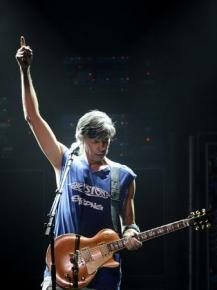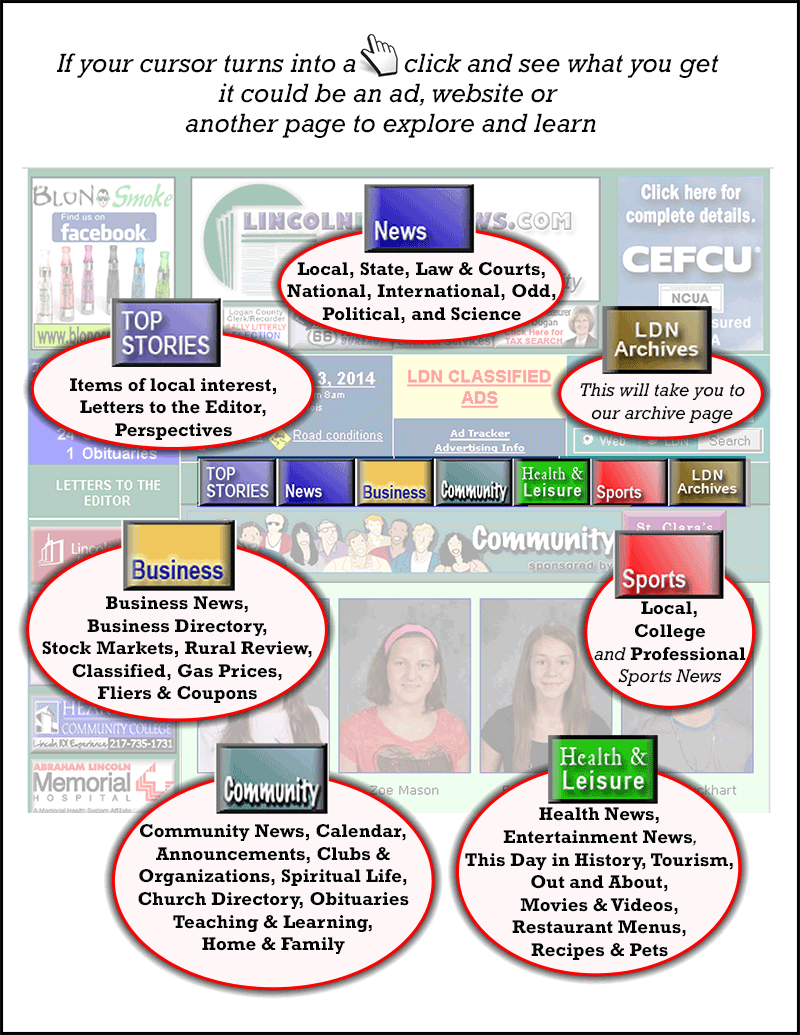|
Goudreau played on Boston's self-titled 1976 debut album,
which sold more than 17 million copies and contained the song
"More Than A Feeling," and the 1978 follow-up "Don't Look Back."
Scholz accused him of repeatedly violating a 1983 agreement over
royalties that let Goudreau use the phrase "formerly of Boston"
in marketing. He said Goudreau was instead advertised as an
"original" Boston member, "playing the hits of Boston" and "lead
guitarist rock legend from the band Boston."
U.S. District Judge Denise Casper in Boston dismissed 11 of
Scholz's 13 claims. She said Goudreau "has not directly
infringed Scholz's trademarks" in marketing his performances,
and that his website was unlikely to confuse viewers.
She let Scholz pursue two claims over Goudreau's work with the
band Ernie and the Automatics, including whether Goudreau had
"direct control and monitoring" over promotions.
Casper also let Goudreau pursue three counterclaims, including
that Scholz's restrictions breached the royalty agreement.
Erik Belt, a lawyer for Scholz, was not immediately available
for comment.
Goudreau's lawyer, Joe Messina, said "we are very pleased" with
the decision, and that he expects his client will have no
liability on the two surviving claims.
In August 2013 a federal judge in Seattle rejected Scholz's
effort to stop two other onetime bandmates, Fran Cosmo and his
son Anthony, from marketing themselves as former Boston members.
That lawsuit was later amended, and ultimately dismissed.
The case is Scholz v Goudreau, U.S. District Court, District of
Massachusetts, No. 13-10951.
[© 2015 Thomson Reuters. All rights
reserved.] Copyright 2015 Reuters. All rights reserved. This material may not be published,
broadcast, rewritten or redistributed.

|
|


 Judge
curbs Boston band founder's lawsuit vs ex-guitarist
Judge
curbs Boston band founder's lawsuit vs ex-guitarist
